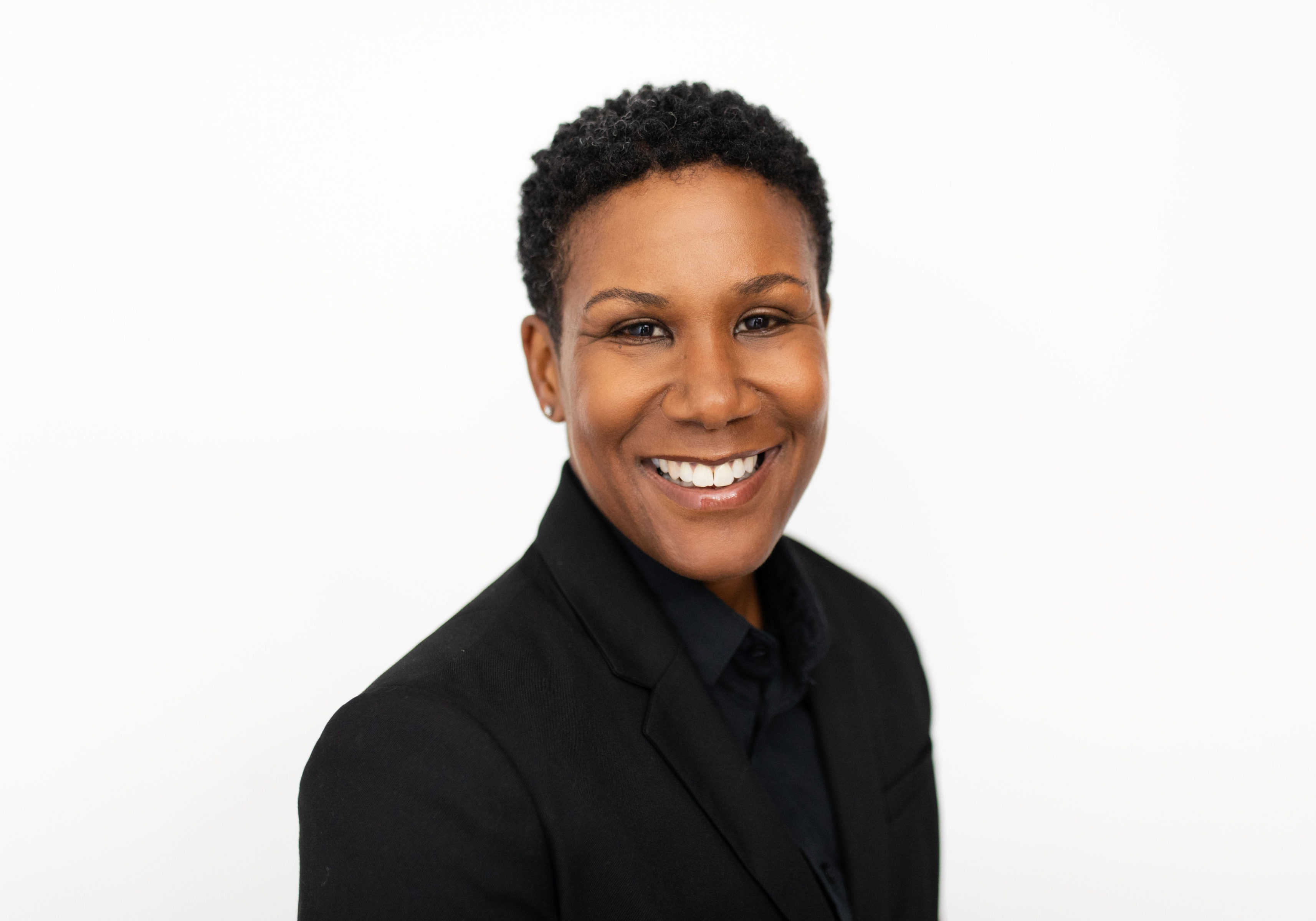
Heather Calomese
Heather Calomese hopes to be residing in California by late spring. The state’s director of the Special Education Division at the California Department of Education (CDE), appointed in mid-August, “got caught in the COVID tangle” and has not been able to move from Chicago just yet.
In the meantime, she spends her days on calls and web conferences with CDE colleagues and partners, listening and learning. Her goal: to improve equity and outcomes for California’s 800,000 special education students.
“I’m building my context for special education and education in general across California,” she says, noting that while her previous job in Illinois and her current job have similarities, there are nuances in state laws, policies and procedures, and California is considerably bigger.
Of course, she’s witnessed the challenges California special educators have dealt with this academic year. “Teaching is a human-centered, interactive experience, especially special education, and it’s difficult to engage students over a virtual platform,” says Calomese, who taught special ed for almost a decade in Chicago and Iowa. “The pandemic has highlighted areas we still need to pay attention to, work toward, and collectively problem-solve. But I see areas of promise and opportunity.”
Calomese will be a keynote speaker at CTA’s first-ever Special Education Conference, April 30–May 2 (see box).
She is quick to praise special educators’ adaptability during the pandemic. “We’ve seen their creativity in doing whatever it takes to support students and families.” Examples include “getting around barriers of accommodations and modifications; really looking at what are multimodal ways to get information to students, how we embed some of the different modalities that students need into a virtual setting; the use of additional technology; making engagement a little more dynamic while they’re in a virtual setting.”
Now that schools are returning to in-person instruction, the mental health of special educators and students is at the forefront for her. “Everybody has gone through a traumatic year, so transitioning back to in-person settings is not just ‘plug the machine back in and go.’ We have to create spaces to learn, process and heal.”
Calomese sees her role, and that of her division, as ensuring that local educational agencies have what they need to implement the core of IDEA (the federal Individuals with Disabilities Education Act). “CDE can’t mandate what programs look like — that’s left to districts — but we can be thought partners and problem solvers, and provide additional guidance and best practices.”
She is passionate about equity and social justice in special ed, and seeks to address “the systemic inequities and ways in which our systems don’t provide for students with disabilities, and how we can shift these systems.” She has denounced the miscategorization of English learners, students of color and others as special ed students, and has stressed the importance of special ed students learning with general population students to encourage engagement and acceptance in both groups.
Calomese is also concerned about the special educator pipeline. “What are ways we can support folks who are just entering? It’s critical to partner with higher education to ensure we attract and retain a thriving workforce with multiple pathways to leadership positions in the field.” Teacher workload “is a huge issue,” she says. “We must continue to look for ways to reduce the administrative burden on special ed teachers. These are the things that keep me up at night when you think about why teachers transition out. What are the right solutions, and how do we go about doing that?”
Despite the critical issues before her, Calomese is confident that special ed in California is on solid ground. “Special educators will always rise and have always risen to the occasion. It is humbling and inspiring in how they show up and get it done.”
CTA Special Education Conference
CTA’s inaugural Special Education Conference (2021 Home Edition!), April 30–May 2, is a virtual event for both special educators and general educators. Workshops focus on core topics including instruction, identification, IEPs and behavior. The theme is “Kaleidoscope.” Free to members; register here.